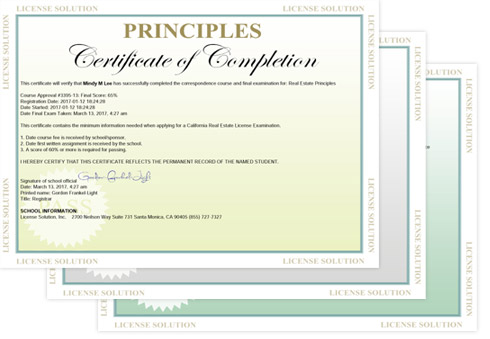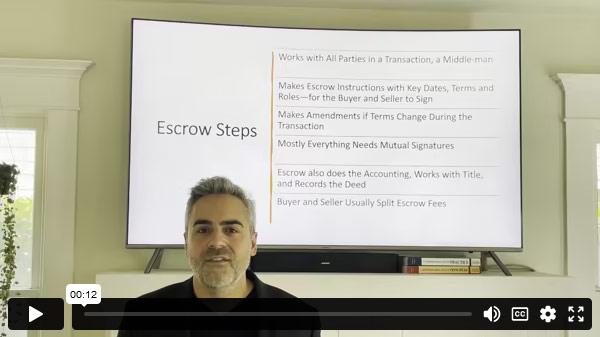Have you every wondered what it might be like to be a real estate agent? What do they do every day? Is there a typical day, or is each day unique? And the most important question, of course, is will you like it. This article will talk about how a real estate agent spends his or her time. You will find that some activities are income producing and others are administrative to support those income-producing activities.
Administrative Work
Most jobs have some mundane tasks that must be performed, and real estate is no different. Although many industries have their “paperwork” online these days, there are plenty of actual paper documents to deal with in the real estate industry. There are written offers, deeds, inspection reports, sales contracts, homeowner’s association documents, home improvement and maintenance records, mortgage statements, and title insurance policies to name a few. These papers must be organized, completed, and sometimes filed with the county.
Most real estate agents handle their own administrative tasks, including maintaining a database of clients, making appointments to meet with prospective buyers, setting up open houses, meeting with homeowners to obtain listings, creating budgets, among other things. But once a real estate agent has a few successful transactions under his belt, he may hire an assistant to help with some of those administrative activities.
Marketing
Unless you are a magician, you will need to market your services in order to find clients. Without any clients, you will not make any commissions. Note that although real estate agents work mainly for brokers, they are not salaried employees. You are pretty much your own boss.
Most agents — and you will learn this when you study for your real estate license — use their “sphere of influence” as leads to find prospective clients who are either looking to buy, wanting to sell, or know someone who is thinking about one or the other (or both). Your “sphere of influence” is comprised of the people you already know: your family, extended family, friends, co-workers, neighbors, business associates, and even your social media contacts. You will spend a portion of your day meeting with and speaking to many people to obtain further contacts and gather leads to any prospective clients. You will be making follow-up phone calls and writing texts and emails. Often real estate agents also mail out flyers and even deliver marketing material door to door.
Part of marketing is also working to get listings. You will need to prepare for and deliver listing presentations for prospective clients who wish to sell their homes. The preparation includes gathering data about the home, taking photographs, finding comparable home sales to evaluate the selling prices of similar homes in the neighborhood. That information will help you recommend an asking price for the home.
Servicing Your Clients

I’m sure you are realizing by now that is not your typical nine-to-five office job on Monday through Friday. You do need to work some weekends and evenings. Yet there is a lot of flexibility in scheduling.
A successful real estate agent may do very well financially, especially in California where the housing prices are so high. But for the most part, you will get out of it what you put in. You decide how successful you want to be. It does require some hard work. But if you dedicate yourself to being successful in real estate, you will increase your odds of success as an agent, and it will likely pay off financially and otherwise.











